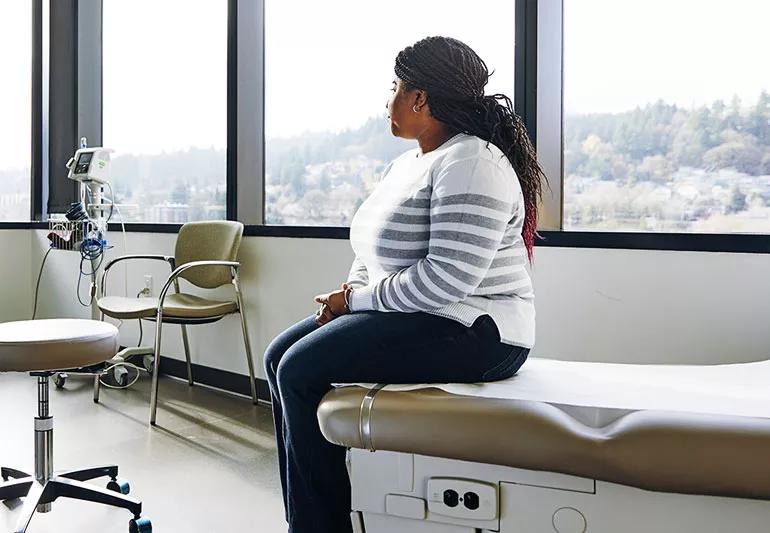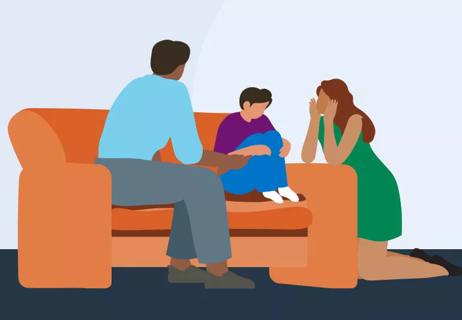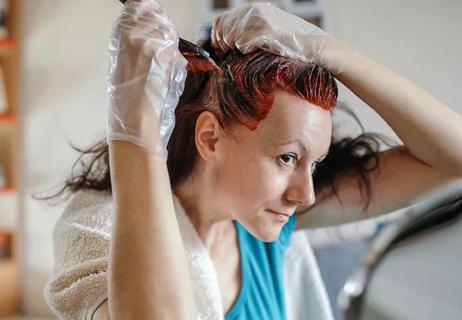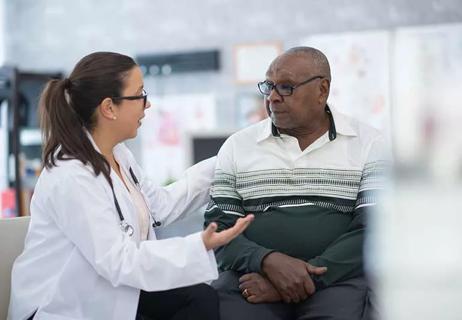Misconceptions can be worse than reality

“Cancer” is a powerful word that evokes strong feelings. It’s a word associated with a lot of fear, but it shouldn’t be. According to oncologist Michael McNamara, MD, many people have preconceived notions about cancer that are inaccurate — and often scarier than the reality they face.
Cleveland Clinic is a non-profit academic medical center. Advertising on our site helps support our mission. We do not endorse non-Cleveland Clinic products or services. Policy
Most forms of cancer, depending on when they’re caught, are treatable and curable. Some forms of cancer are even curable at advanced stages. “In addition to curing advanced testicular cancer and lymphomas (Hodgkin’s disease and non-Hodgkin lymphomas), we usually expect to cure most early forms of breast, colon, prostate and skin cancer, including melanoma,” says Dr. McNamara.
Cancer itself won’t make your hair fall out. Of course some forms of cancer treatment — chemotherapy and radiation — can. So there’s an element of truth here.
But you should know that there are lots of treatments that cause limited or no hair loss. “I’d estimate around half of the chemotherapies we use don’t cause hair loss,” says Dr. McNamara. Many newer, targeted drugs, too, that aren’t traditional won’t cause you to lose your hair during treatment.
You can’t catch cancer from another person. Not through contact or secretions or anything in the air. Cancer is not contagious. Remember that.
Here again, though, an element of truth: Some viruses and infections can increase your cancer risk. The best-known example of this is human papillomavirus (HPV), which can lead to an increased risk of cervical and oropharyngeal cancer, a type of head and neck cancer. The Epstein-Barr virus is linked to nose and throat cancer and certain lymphomas. Cancers from viruses can take decades after exposure to take place.
Some cancers never cause pain. “For those that do, one of our main focuses in treating cancer is paying attention to pain,” Dr. McNamara says. Palliative care and pain management is a huge aspect of treatment. It’s very important to talk to your doctor about your pain.
Having a family member with cancer may modestly increase your risk of developing certain cancers, like breast or colon cancer. Still, developing cancer in these cases isn’t inevitable.
Some people have a very strong family history of cancer, or a family member diagnosed at an unusually young age. Both suggest the presence of a heritable cancer gene, like the breast cancer gene BRCA1. “We have testing for many of these mutations and work closely with genetic counselors,” he says.
But here’s the bottom line: Most people with cancer have no family history of the disease. And most people with a family history of cancer never develop the disease.
Surprisingly, no. “Because you get a cancer diagnosis doesn’t mean it has to be treated right away. We can wait. That’s hard to tell some people and hard for them to understand,” says Dr. McNamara.
“For some slow-growing cancers, rather than go charging in with invasive treatments, we often use ‘watchful waiting,’ where we observe to see if cancer spreads,” he says. These cancers include slow-growing lymphomas and leukemias, as well as some forms of prostate cancer. Or sometimes the best option is to use therapies that manage rather than cure the disease, where people can live for years with cancer.
In some circumstances, it may be appropriate to do nothing at all. If you have other significant diseases cancer may not be the biggest threat, or if you’re in late stages of cancer, you may choose not to have treatment for cancer but receive palliative care to keep you comfortable.
It all depends on what you need.
Medical advancements in cancer treatments are taking place more often these days, so it’s important to always ask questions and share concerns with your doctor and care team.
Learn more about our editorial process.

Working has its benefits, but it may require some modifications — and that’s OK

Studies show the high health cost of spending hours in a chair

It’s important to share the news in an honest and age-appropriate way

If menopause symptoms disrupt your life, HRT can help, with minimal cancer risk

Research shows some associations and concerns, but no definitive connections

Research doesn’t show a link between the personal hygiene product and breast cancer

When nutritious foods are hard to come by, your health can suffer

It’s important to watch for and guard against conditions like heart disease and cancer

Your metabolism may torch 1,300 to 2,000 calories daily with no activity

A gentle touch in all the right places may help drain your sinuses